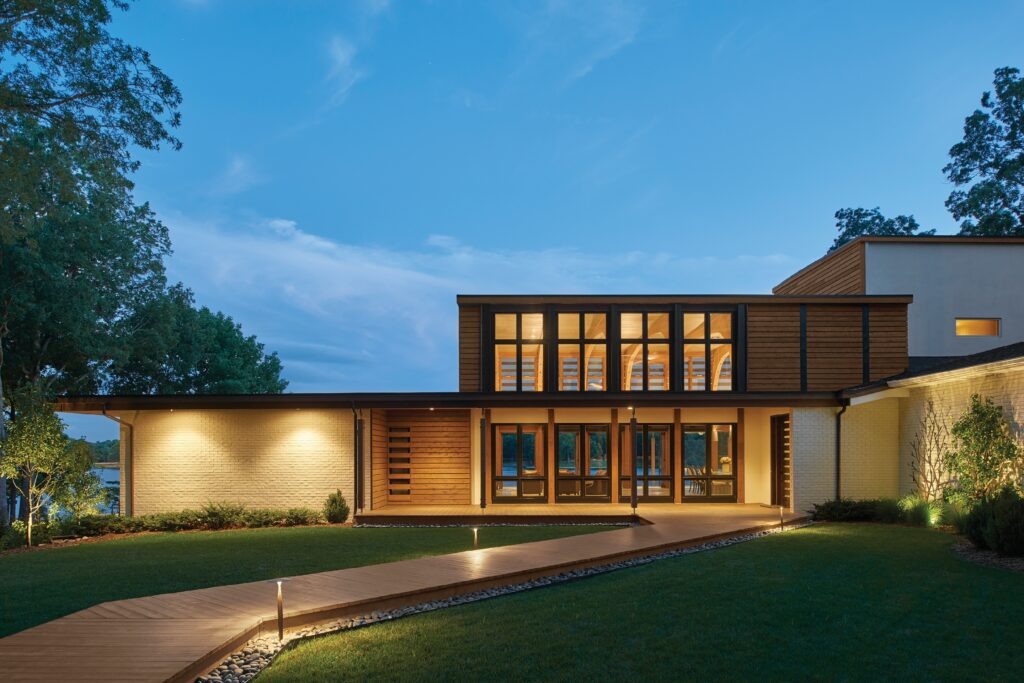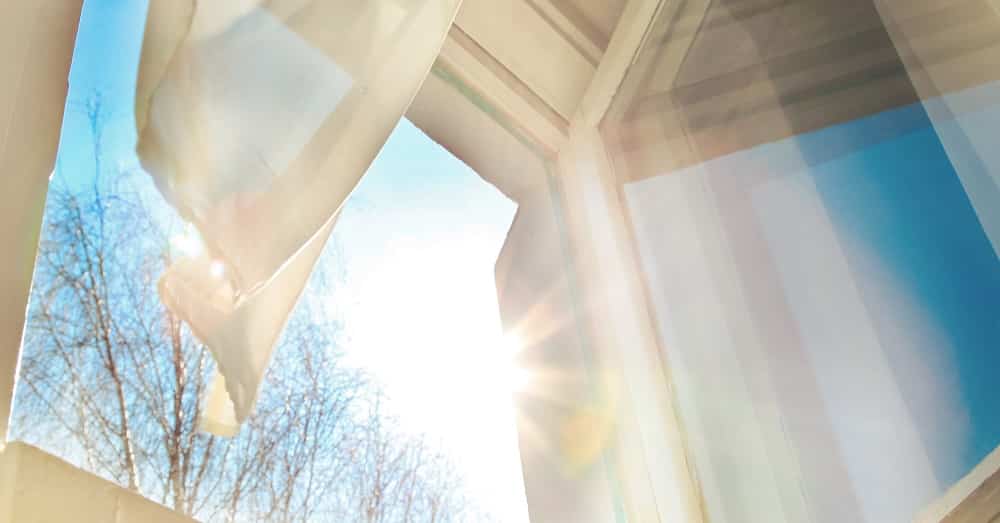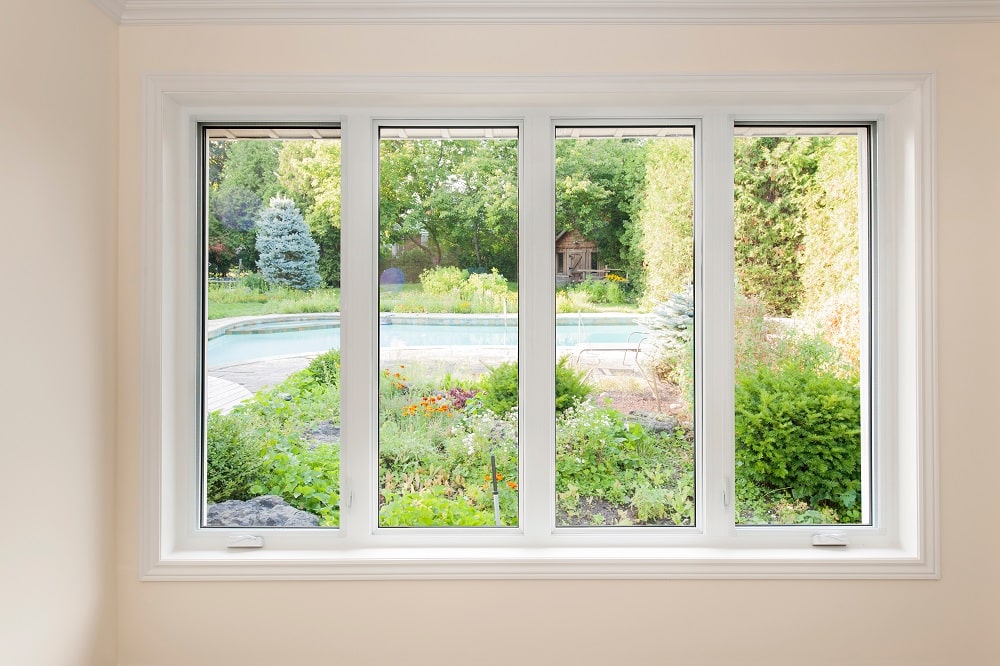Looking at your energy bill can be a drag. Many people wish they could lower it without altering their lifestyle. Well, there are some things around your home that can save energy while saving you money. The Department of Energy has stated that having energy-saving windows could save you anywhere from $100 to $500 by switching out single panes. With double-paned windows, these energy-efficient windows could save you more than $100 a year.
Read on to find out how replacement windows can increase the comfort of your home while keeping money in your pocket.
Home Windows Can Be Inefficient
The majority of windows in new homes are low-quality windows. Many home builders will take advantage of homeowners to keep their costs low and their profits high and one of the easiest ways to save money is to install these inexpensive windows in new homes.
According to the U.S. Department of Energy, energy loss from windows is attributed to nearly 25% of the residential heating and cooling costs of the average American home.
If your home was built less than 30 years ago, chances are the home builder cut costs by using inferior windows with poor insulation performance. If you have an older home that is more than 30 years old, your windows are most likely not energy-efficient or have the benefits that modern windows do.
There are ways you can tell if you have inefficient windows. These are things like the windows getting hot in the summer and cold in the winter, drafty windows, windows that are foggy or cloudy, and windows that are hard to open and close.
Does your home’s HVAC system run most of the day to keep your house at a comfortable temperature? If any of these apply, then you are probably losing money on your energy bill every month due to inefficient windows.
How New Windows Can Help Save You Money
It’s important to know that, due to Federal law, no company can make specific claims about how much money you will save with their specific products, and you should be skeptical about anyone who violates this law.
Energy Star reports that the average savings earned by switching from single-pane windows to Energy Star-rated double-pane windows is about 20% in the Mid-Atlantic area; 8% if you are switching from non-Energy Star-rated double-pane windows.
Replacement windows typically have a low emissivity (Low-E) coating applied and filled with gas, usually Argon or Krypton. These are designed to reduce the number of UV rays radiating heat off the windows, causing furniture to fade, and filling your home with unwanted effects.
To help you save money on your replacement windows it is also important to choose the right materials.
Aluminum is a heat conductor and has an 80% higher chance of causing rot to the window jams. Wood can be appealing but is high maintenance and is often plagued with problems such as shrinkage, swelling, mildew, rot, mildew, shrinkage, swelling, and bugs.
The best material by far for replacement windows is vinyl. It does not suffer any of the issues inherent with aluminum or wood, and if you get replacement windows made with close to 100% virgin vinyl they will not fade, get chalky, or get brittle over time.
Conclusion
If you’re in the market for new windows and want to replace your old starter windows so you can start saving on your energy bills, we recommend giving our expert team a call. At Clearview Distributors, we offer a wide range of window styles that are designed to help keep your home comfortable year-round with competitive prices. Call us today to learn more or to schedule a showroom visit!
New Windows and Energy Bill FAQs
Energy-efficient windows are designed to minimize heat transfer, which means they keep your home warmer in the winter and cooler in the summer. This reduces the need for heating and cooling systems, leading to lower energy consumption and ultimately, lower energy bills.
When shopping for energy-saving windows, look for features like double or triple glazing, low-emissivity (Low-E) coatings, argon or krypton gas filling, and well-insulated frames. These features work together to improve the window’s thermal performance and reduce heat transfer, which translates to energy savings.
The amount you can save on energy bills will depend on several factors, such as the climate in your region, the type and age of your existing windows, and the energy efficiency of the new windows you choose. In general, you can expect to save between 10-30% on your heating and cooling bills after upgrading to energy-efficient windows.
Many governments offer incentives or rebates for homeowners who install energy-efficient windows to promote energy conservation. These programs can help offset the cost of upgrading your windows. Check with your local government or utility provider for information on available programs in your area.
If your windows are old, drafty, or difficult to operate, it may be time to consider replacing them with energy-efficient windows. Other signs that it’s time to upgrade include condensation between window panes, noticeable drafts, or high energy bills. Upgrading to energy-efficient windows will improve your home’s comfort and reduce your energy consumption.



